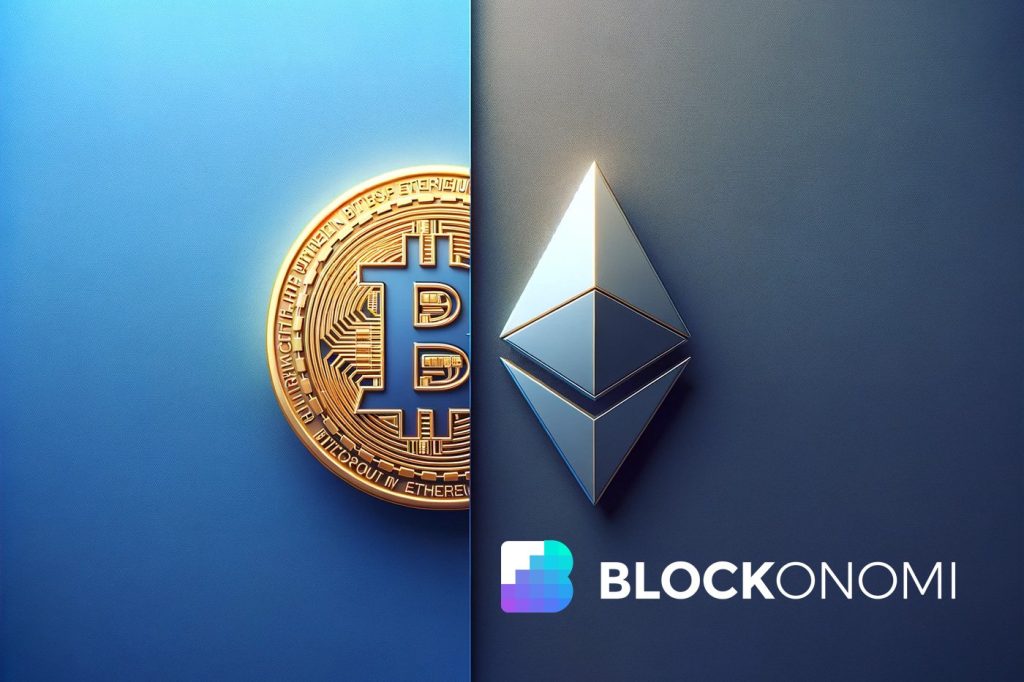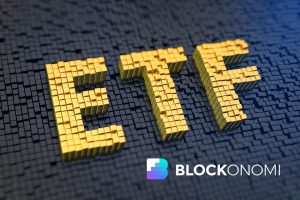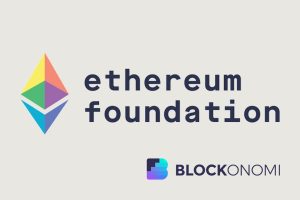ETH vs BTC: JP Morgan Thinks Ethereum Will Outperform the King in 2024

Ethereum is poised to reassert itself and outperform other cryptocurrencies in 2024 according to analysts at JPMorgan.
The key driver will be Ethereum’s highly anticipated EIP-4844 upgrade, dubbed Protodanksharding, slated for rollout in the first half of next year.
Keypoints
Ethereum’s upcoming EIP-4844 (Protodanksharding) upgrade in 2024 will likely boost Ethereum’s network activity and help it outperform other cryptocurrencies like Bitcoin.
Factors seen as bullish for Bitcoin in 2024 like spot ETF approvals and the halving event are already priced into Bitcoin’s current value according to JPMorgan.
Decentralized finance continues to struggle to make inroads into traditional finance due to issues like regulation, technical challenges, and lack of cooperation.
Venture capital funding improved slightly in crypto in Q4 2022 but the recovery seems tentative; steady gains in Q1 2024 could signal the end of the crypto winter.
Despite CEO Jamie Dimon’s Bitcoin criticism, JPMorgan’s blockchain unit Onyx continues to grow rapidly underscoring the bank’s ongoing blockchain focus.
This upgrade will act as a stepping stone toward full Danksharding on Ethereum, a more efficient form of sharding. While originally Ethereum looked to shard by splitting the network into fragments, Danksharding uses temporary data blobs attached to blocks capable of holding more data without altering Ethereum’s block size or permanently storing data on-chain.
Crucially, these data blobs can enhance the efficiency of Layer 2 networks built on Ethereum like Arbitrum and Optimism. By providing additional temporary data capacity, Protodanksharding will enable Layer 2s to increase throughput and lower transaction fees without changing Ethereum itself. This boost to Layer 2 network activity is what will help drive Ethereum’s outperformance, per JPMorgan.
By contrast, Bitcoin in 2024 faces headwinds that could limit major gains. JPMorgan cautions that presumed 2024 tailwinds like ETF approvals and the upcoming halving are likely already accounted for in Bitcoin’s current price. After previous halvings slowed Bitcoin’s market price growth relative to production costs, a comparable deceleration after the 2024 halving would make sense. With Bitcoin’s price already trading around twice production costs, much halving-related upside seems eliminated.
Beyond technical upgrades, crypto as an asset class still confronts adoption challenges. Decentralized finance’s inability to make traction in mainstream banking and finance persists as a disappointment for JPMorgan.
Major traditional financial applications of blockchain technology continue to operate on private chains, not public ones. Meanwhile tokenization remains experimental thanks to lacking regulations, uncoordinated technologies, and hesitation around central bank digital currencies.















